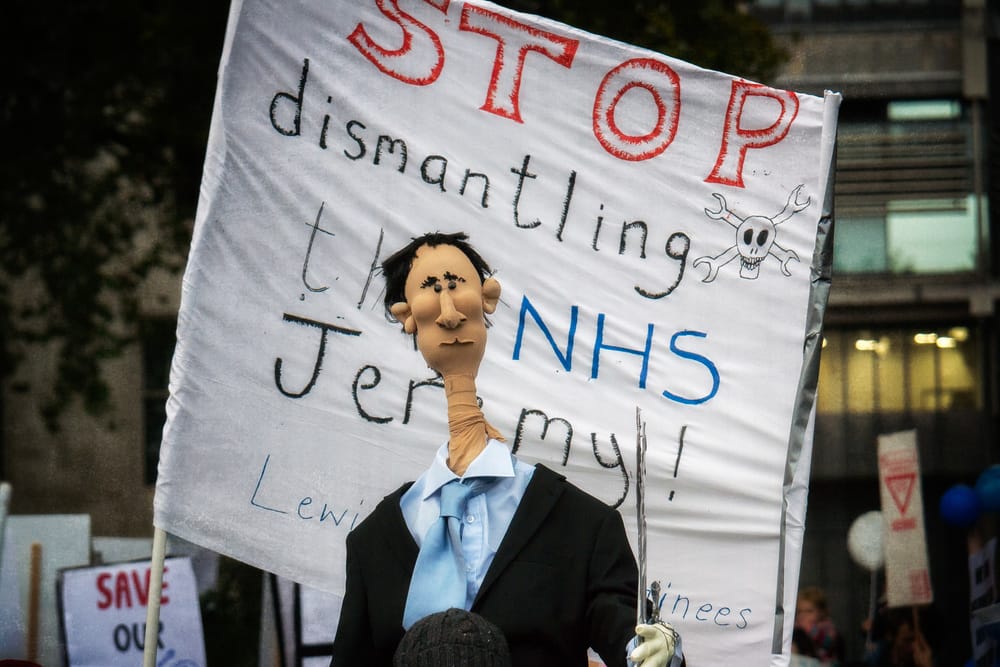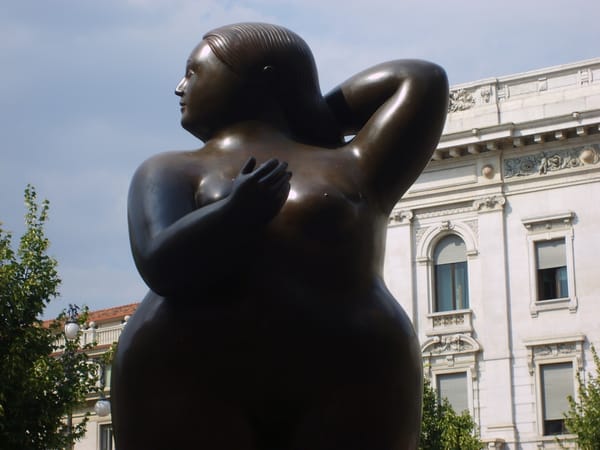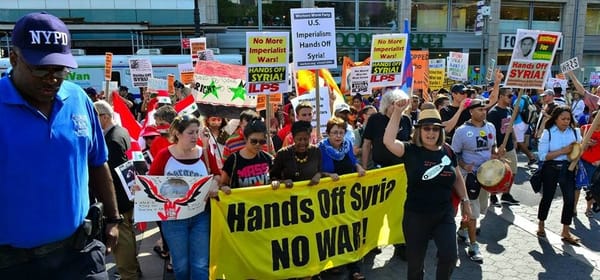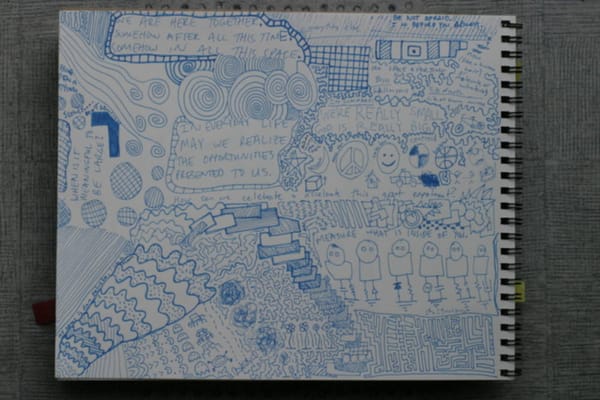Junior doctors have been striking because the NHS is worth fighting for
Aaina Mittal explains why junior doctors are striking not for their wallets, but for the future of the NHS.

Not only is the economic forecast of the country already in uncertainty post-Brexit, bringing with it the threatened loss of some of the biggest financial companies’ headquarters, but we are also on the verge of setting off along a trajectory of losing one of our most prized possessions – the NHS.
This is one thing our health secretary will not let go of, no matter how little insight he has
Before digging into the economics of negotiation and the philosophy behind striking, here’s a quick dummy’s guide to what’s actually been going on. Bear in mind that junior doctors are not only those in their first two years of foundation training, but actually anyone who isn’t a consultant – in other words, the backbone of the NHS, making up over a third of the medical workforce.
So here’s the deal: the government promised a 7 day NHS in their election manifesto. Whilst they haven’t delivered on other promises such as support for working families and affordable housing, this is one thing our health secretary will not let go of, no matter how little insight he has into the real problems faced by front line clinicians on a daily basis. Instead of recognising that delivering on this promise will take some years and extra funding, and will involve recruiting and training more doctors, Hunt has decided to drag out the already long shifts that current junior doctor are on in the hope that he can entice them by what may initially appear to be an increase in pay. Tired doctors make unsafe doctors. You know the drill.

Junior doctors may react to pay in different ways. The salary itself is, after all, going up, and this may appeal to some. But what will surface in time is that pay for those extremely unsociable hours – those nights in A&E at 5am following a 24 hour shift – has gone down substantially.
However, anyone who thinks the junior doctor strikes are merely about pay is not taking a look at the bigger picture and what’s truly at stake. It’s the abolishment of the underlying principles of the NHS that truly worries healthcare professionals.
There are several theories as to what will happen to the NHS in the coming years, mainly regarding concerns over its increasing privatisation. Suggestions include that initially, the NHS may remain free at the point of delivery, but will be increasingly run by private companies who will begin to take over elective care – the bigger, planned procedures that usually fund NHS trusts – and leave out the emergency stuff. This leads to the emergence of a two tier system, where an initial tier may cover what are considered essential services such as emergency and maternal care, plus a higher tier for traditional private care which will have replaced most other NHS services. A negotiation works with two parties reaching a point where they are both better off than if the negotiation had not taken place, and where benefits are realised on both sides. For the BMA, the interest is patient safety and for Hunt, the interest lies in upholding a manifesto pledge. Negotiations work if two parties listen and cooperate. When people do not feel listened to, they are forced to turn to more drastic measures. Having spoken to those striking, many believe that “In ten years’ time, when there won’t be an NHS, I’ll know I did everything I could to save it.” Recent 5-day strikes were cancelled and this is a reflection of not only the lowering morale of junior doctors, but also the ethical values that have been embedded through the several years of rigorous training and hard work caring for the vulnerable. Doctors feel the battle is already lost. The new contracts are being implemented.
The truth is, there are a lot of disheartened junior doctors. Places like St Mary’s – one of the most prestigious teaching hospitals in the country – haven’t filled their rotations this year. The NHS is losing capable doctors to other countries and to other professions.
Globally, countries are often judged based on their healthcare outcomes, and ours are spiralling downwards. This situation is therefore an accurate reflection on the state of political dynamics in the country at the present time.








